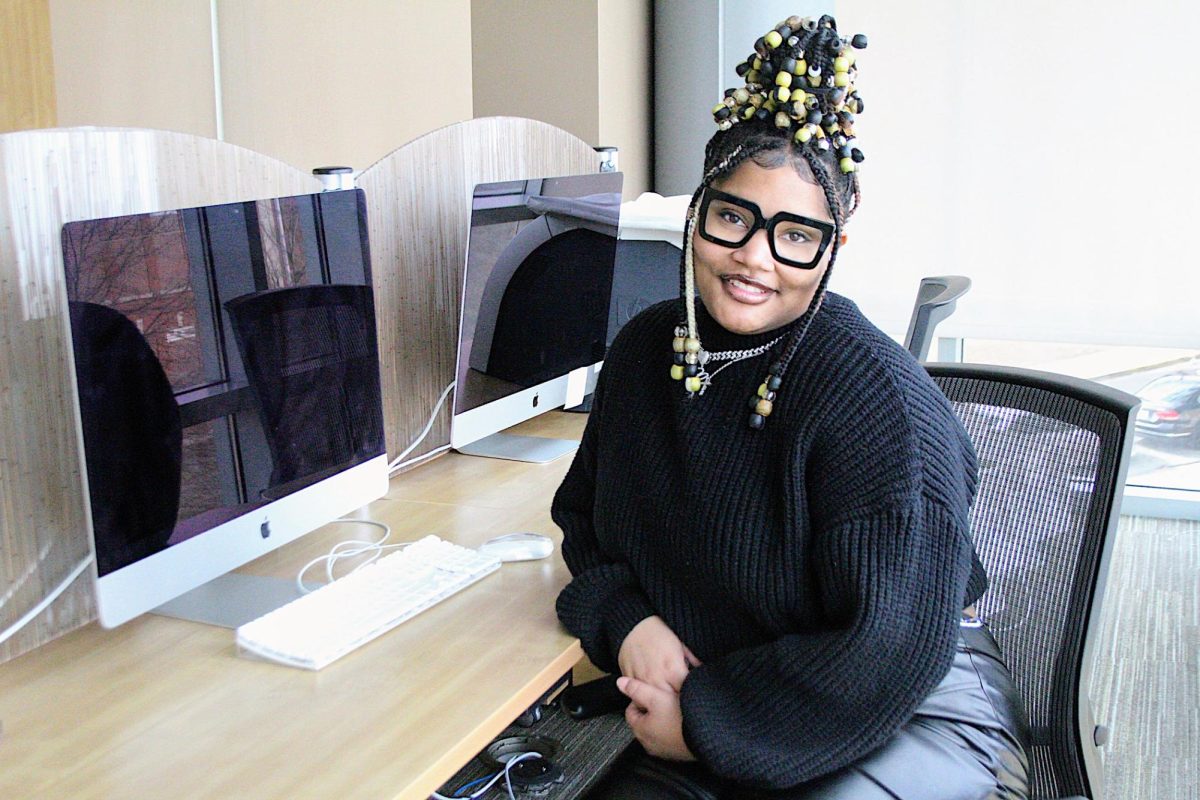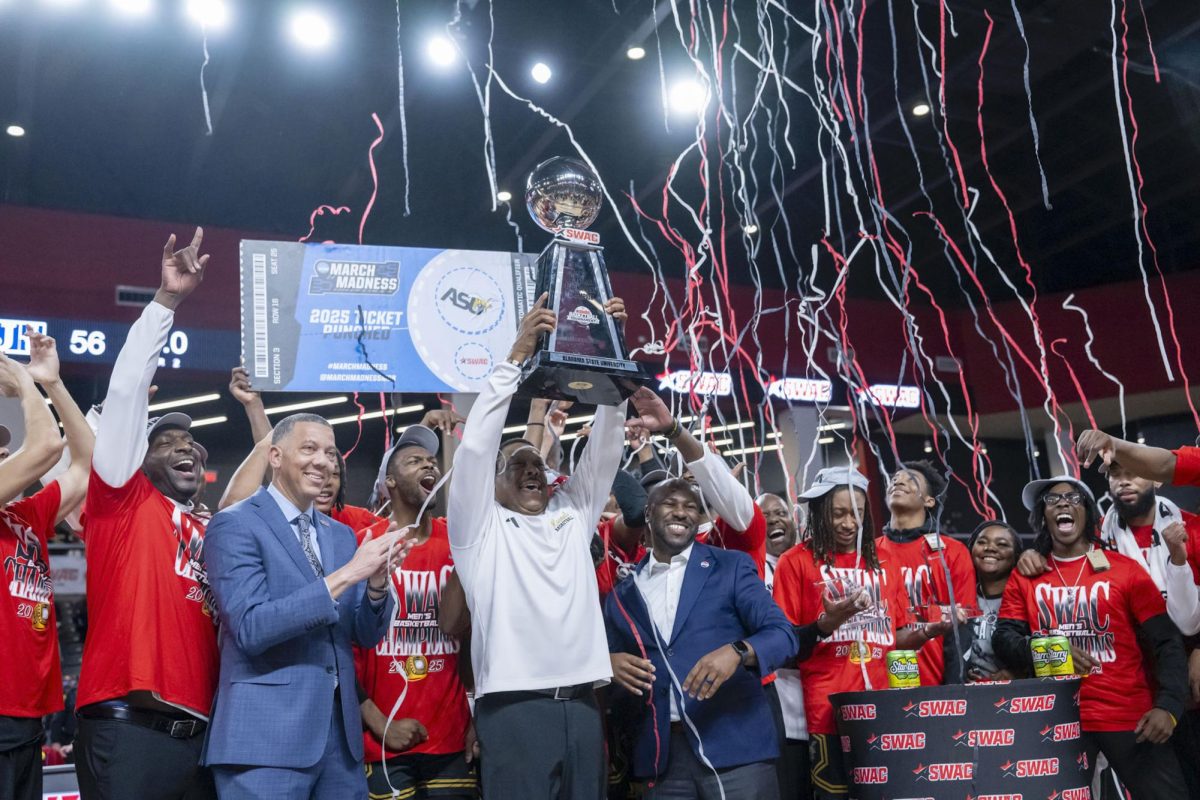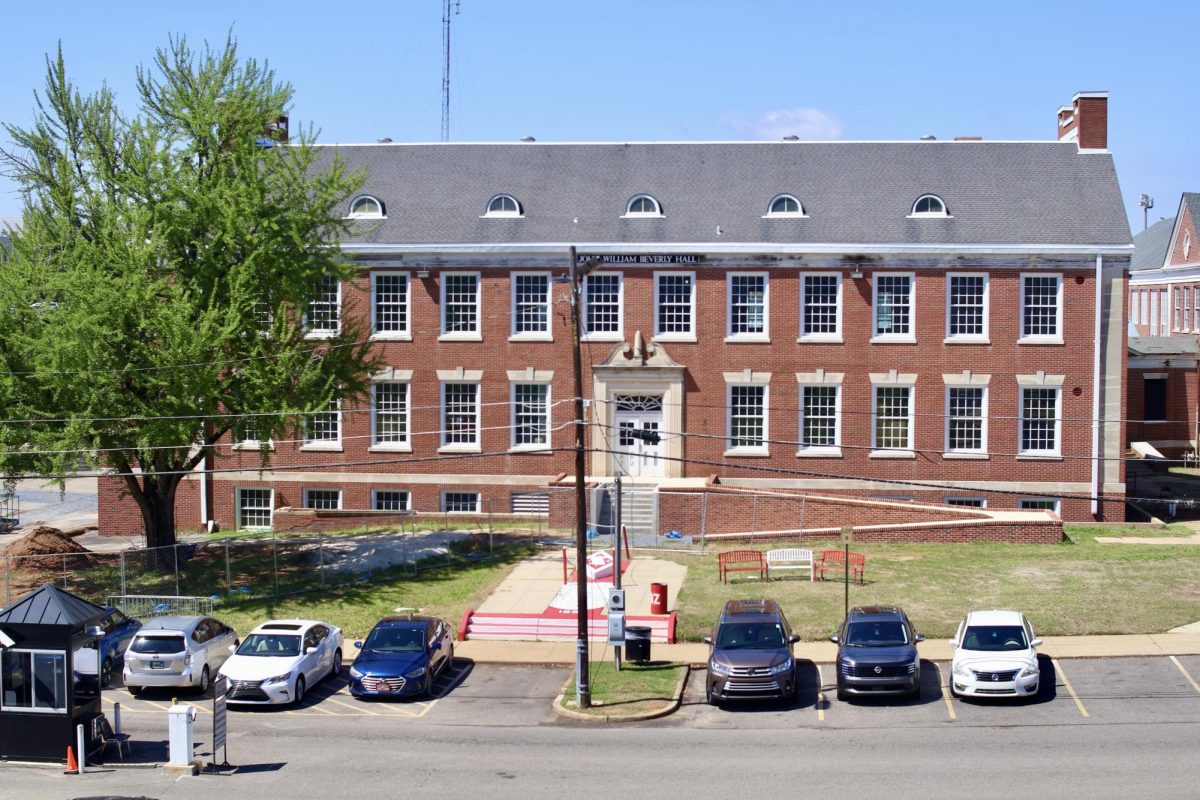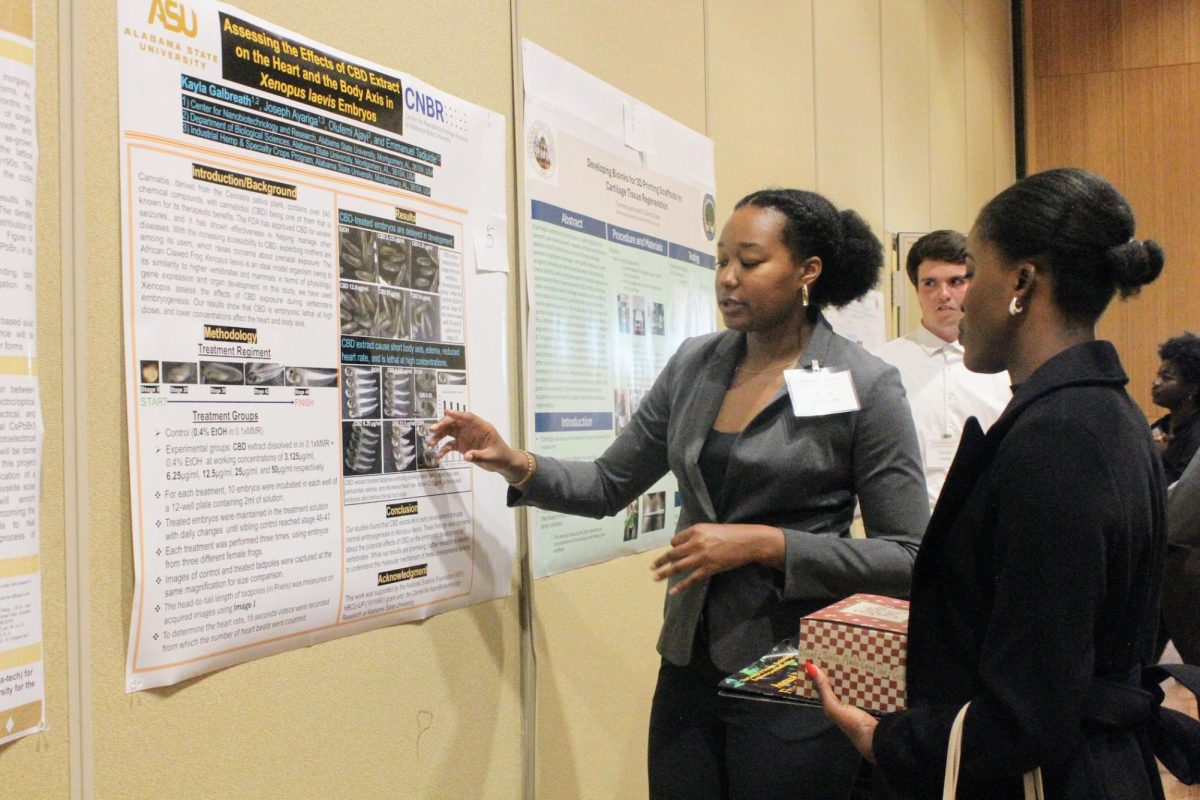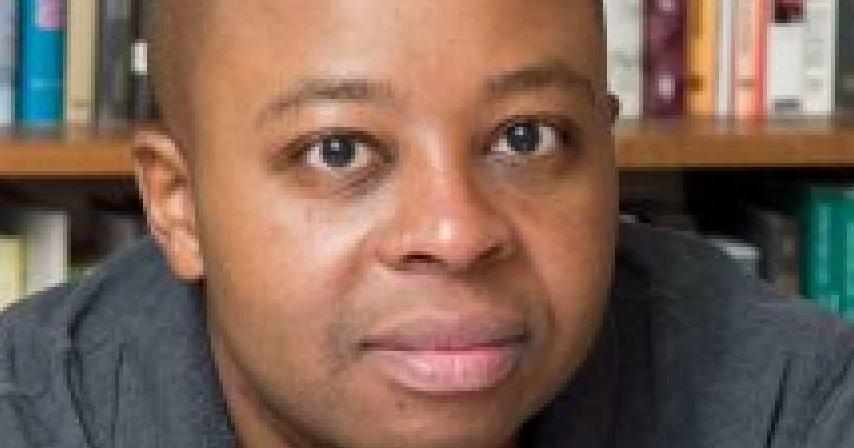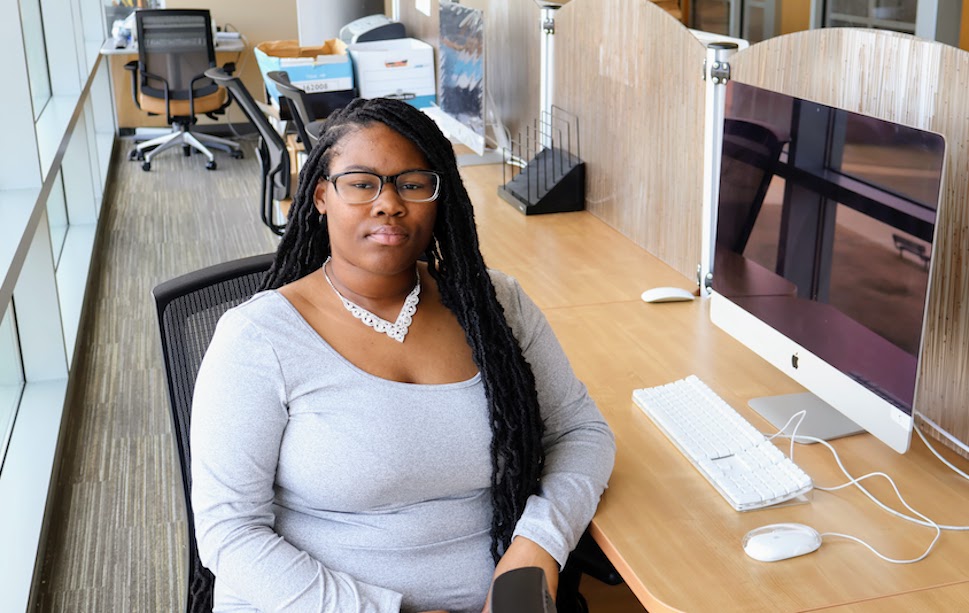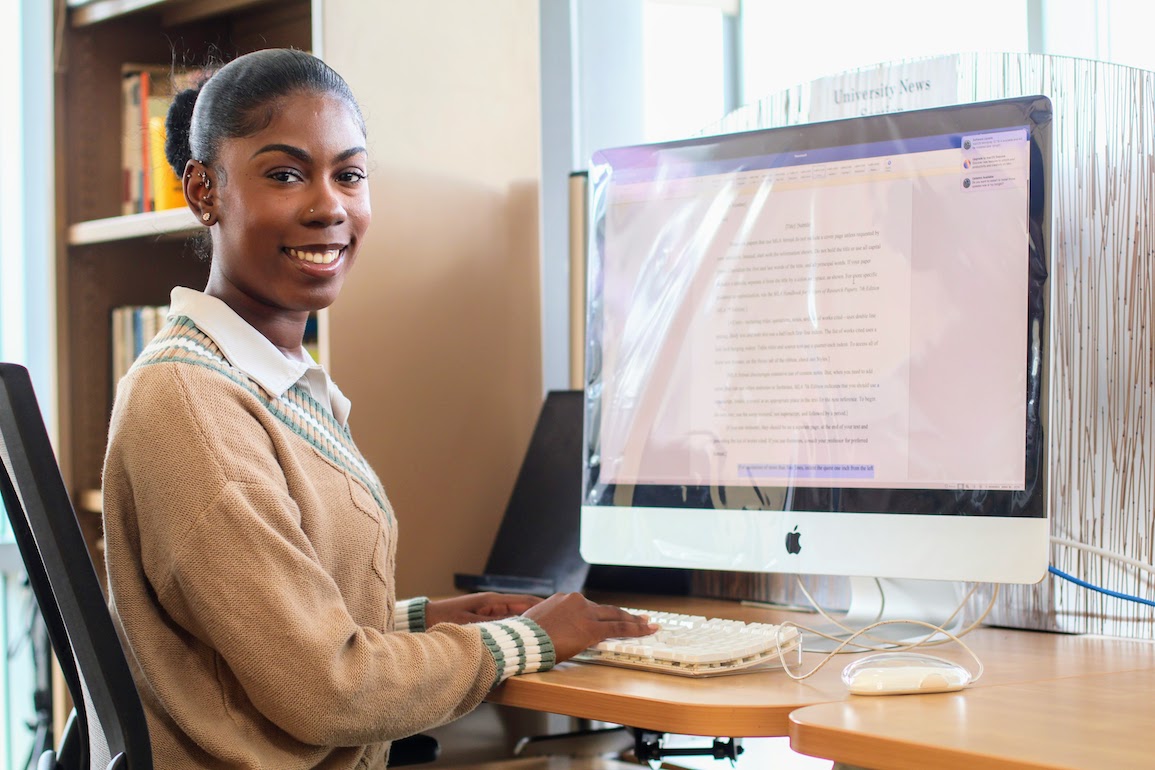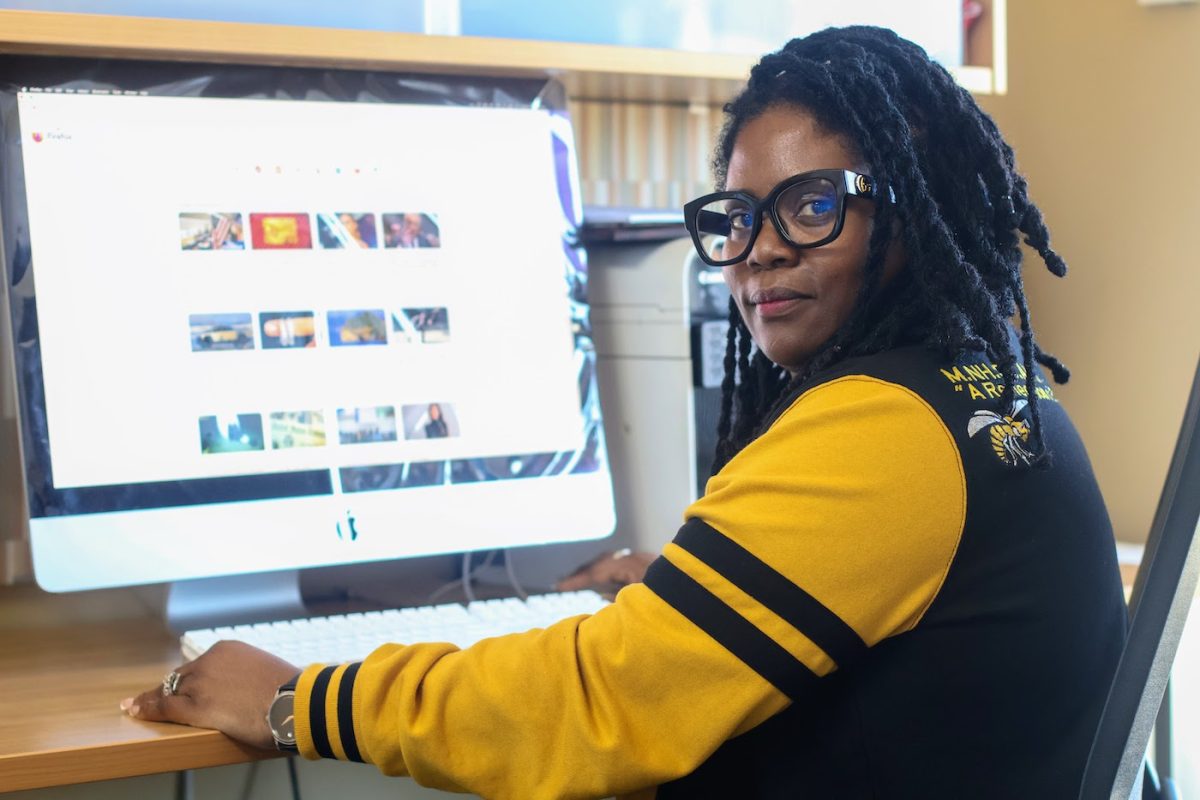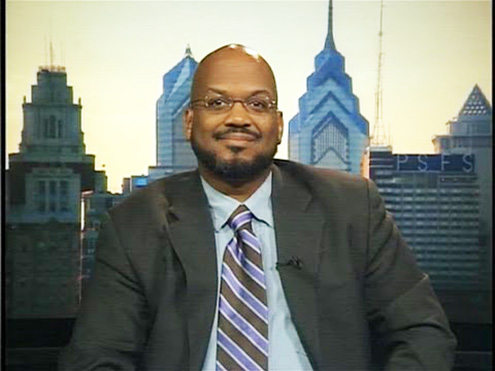After a glorious holiday season filled with family, fellowship and gift-giving, we wrap up the season. With families putting away their Christmas trees and children growing bored with the presents they received less than three weeks ago, one cannot help but think of the unfortunate state of the innocent Palestinian children.
These children were not able to enjoy the festivities surrounding the holidays. Instead, they have been under continuous attacks and have watched their families be torn apart. At some point, we have all come across the news of the escalation of the Israeli v. Palestinian conflict happening within Gaza.
No matter your “stance,” seeing the copious amount of bloodshed is guaranteed to pull at your heartstrings. But what happens when you realize that some of your favorite major corporations are being accused of funding the Israel Defense Forces (IDF) and their genocidal agenda? One of the accused happens to be Starbucks.
Yes, your favorite coffee shop has been accused of funding the mass murder of innocent women and children.
This rumor began after an incident occurred in November 2023 between Starbucks and its workers’ union (formerly known as Starbucks Workers United). According to CBS News, the union uploaded a post that displayed its solidarity with Palestine.
Starbucks responded by demanding that they cease the use of the Starbucks logo and name. The company then went on to sue the union for trademark infringement. The workers’ union then countersued in order to continue using the company’s name and logo. They also accused the company of supporting terrorism and violence. Many believe that this is where the mix-up could have occurred because after hearing the accusations, people began to call for a boycott due to Starbucks allegedly funding the IDF.
While many people believed the boycott was over the company funding Israel’s
military, it was actually “to use consumer power to pressure Starbucks to stop its union-busting and illegal actions and to finally negotiate its first union contract,” said Steven Greenhouse.
News of the boycott began spreading on social media platforms such as Instagram, TikTok, Facebook, etc… With influencers and celebrities showing their support, Starbucks started to see a decline in sales. The hashtag “#boycottstarbucks” began trending at the beginning of November and remains a trending hashtag now.
Over 7,000 TikTok videos have been uploaded about the topic. With the holiday season around the corner, Starbucks was projected to be busier than ever due to its anticipated holiday menu. But instead, the company’s sales were lower than ever.
Besides the boycotts, there were employee strikes and protests against the company’s stance on the war. The boycott led to Starbucks losing over $11 billion in revenue, Smiligus reported. This was the lowest Starbucks had experienced since 1992.
This decline in sales led the former CEO of Starbucks, Howard Schultz, and the company itself to come out and speak on the matter. They denied any financial ties to the Israeli military/government. The current CEO, Laxman Narasimhan, also said “Our stance is clear. We stand for humanity.”. According to CNN writer, Ben Brody, they then issued a statement saying that all of its stores in Israel were closed in 2003.
The company also owns 600 stores in the Middle East and North Africa. Boycotters were still not satisfied. Videos were being shared stating that the boycott would not rest until Starbucks confirmed its solidarity with Palestinians.
Consumers were in an uproar after the current CEO’s statement, claiming that it was a marketing trick due to him not being clear on whether or not he supported Palestine.
Starbucks continued to try to win its customers back over by conducting sales such as “Thursyay” (a sale exclusive to Thursdays that gave customers 50% off on drinks) and free hot chocolate on Saturdays and Sundays with the purchase of a drink.
Another attempt at winning over consumers was the Stanley x Starbucks collaboration with the popular water bottle company. The water bottle was a 40 metallic ounce cup that was light pink. This caused an uproar which resulted in campouts and brawls over the highly-anticipated cup. It allowed Starbucks to gain some of its revenue back. But how did this attempt win over customers so easily?
Stanley water bottles have been a rising trend for the past year. Owning multiple colors was the equivalent of having multiple pairs of Crocs. This may have allowed for a climb in sales, but Starbucks still needed to make up for a loss of billions of dollars. So as a final attempt, the company has recently released a mug that has a watermelon painted on it (the watermelon is a symbol of Palestine). This was still not enough for boycotters.
The mug caused yet another uproar with participants stating that the mug was another way of Starbucks not being clear on their stance. What is clear is that boycotters will not rest until Starbucks releases a transparent statement in support of Palestine.


